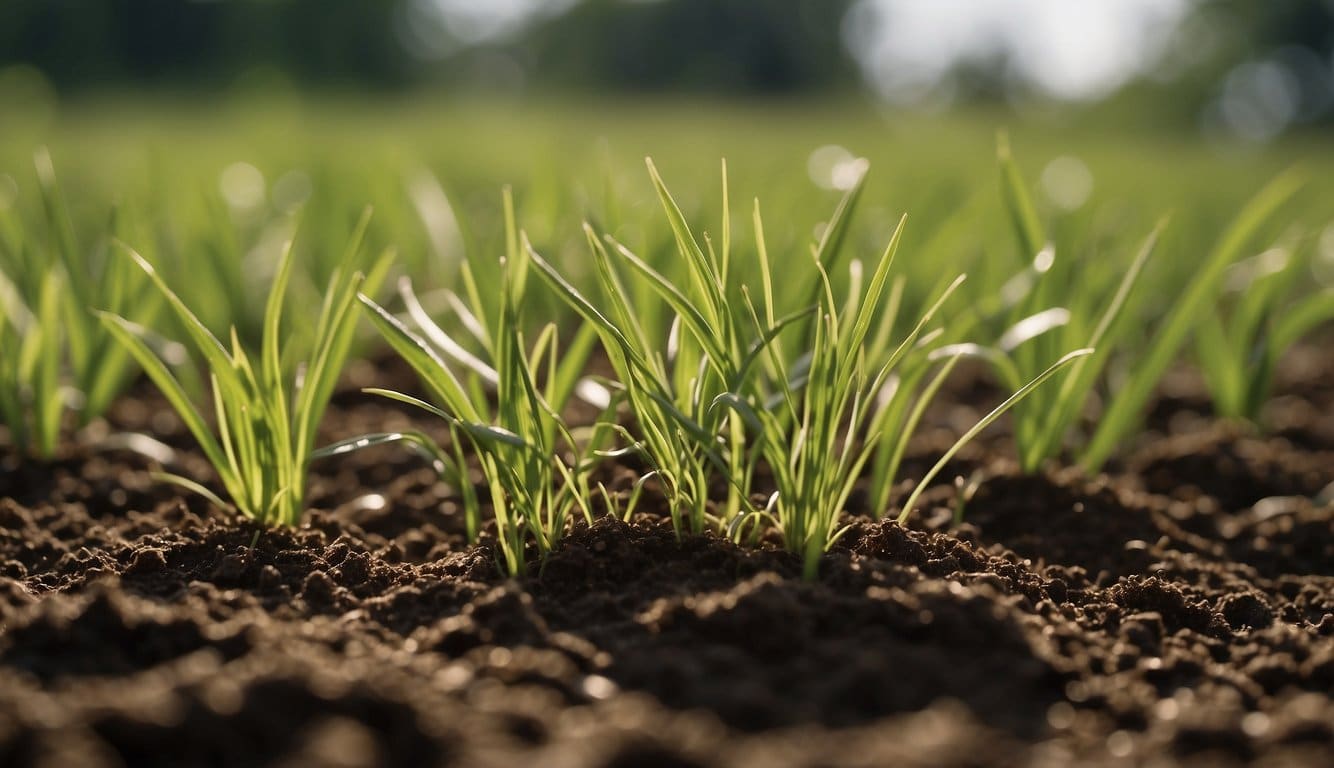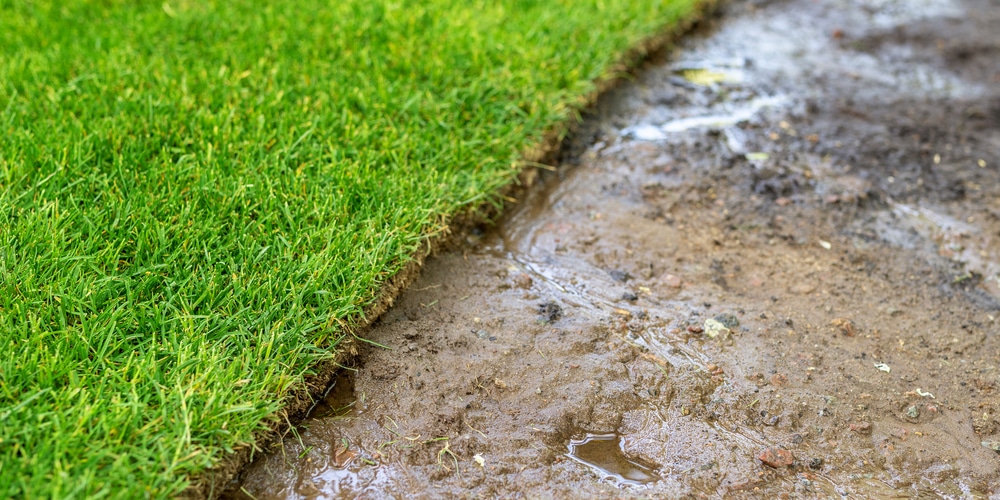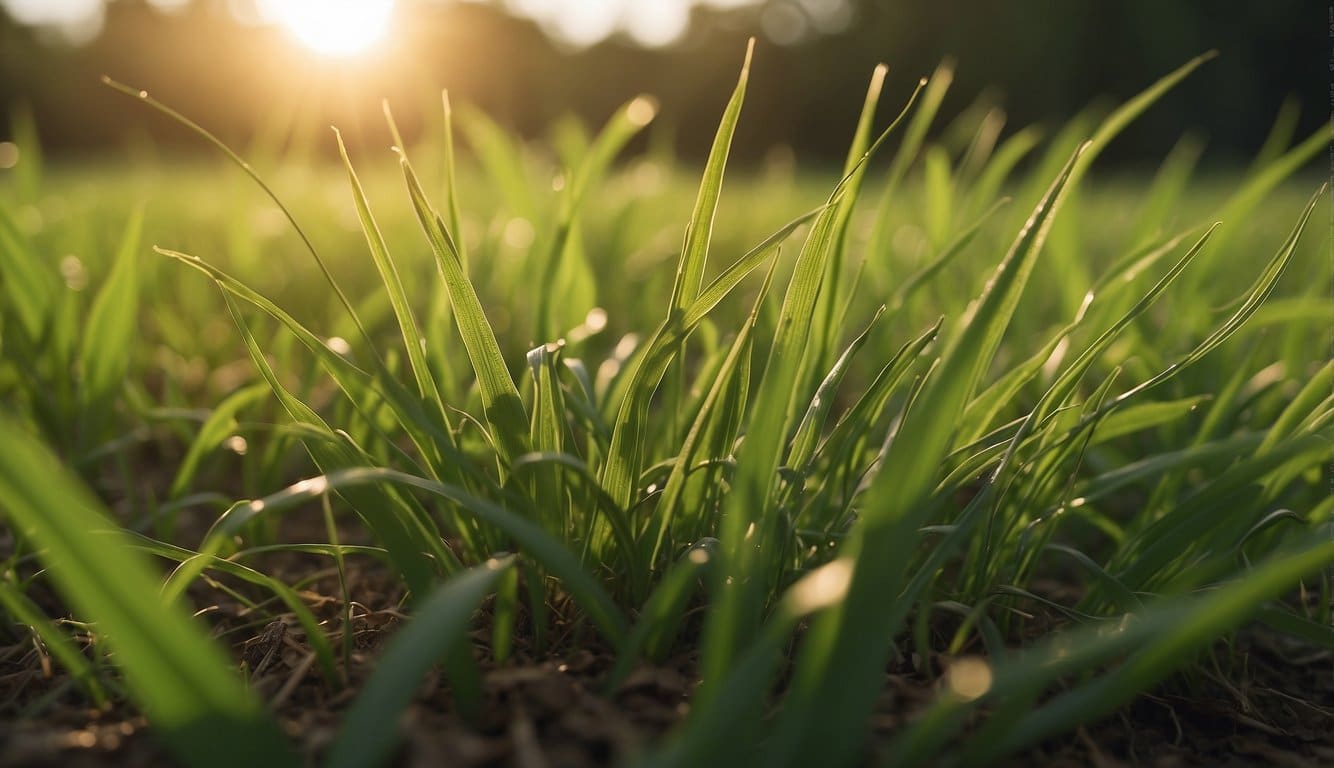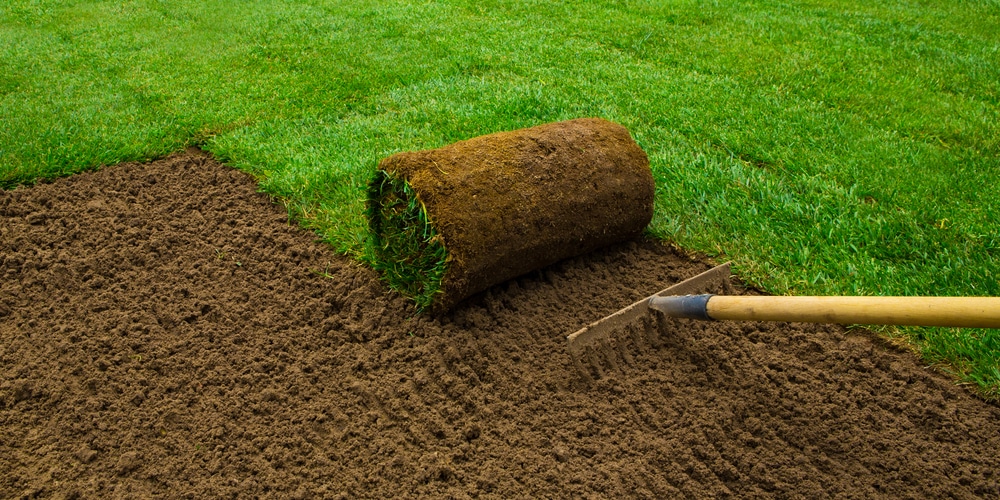| Question | When to Plant Grass Seed in Michigan? |
|---|---|
| Answer | Early fall (late August to mid-September) and spring (mid-April to early May). |
| More Info |
|
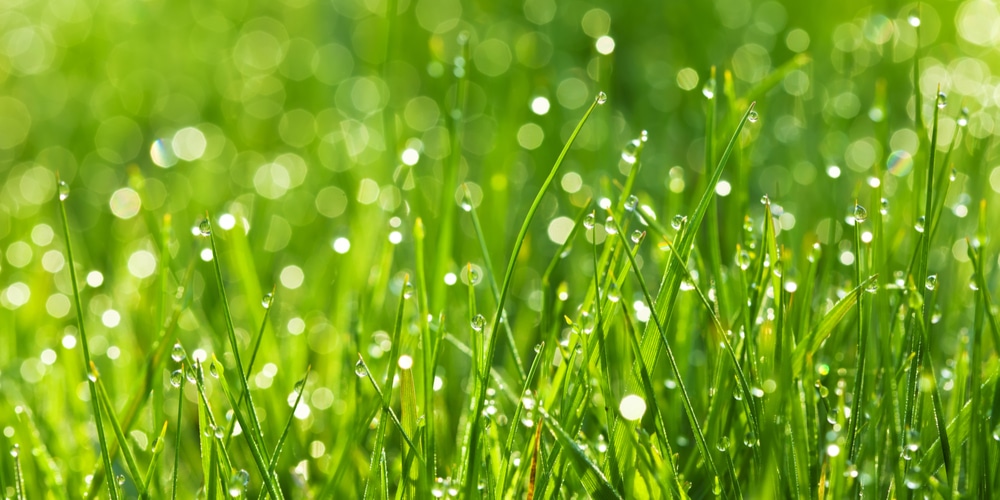
Planting grass in Michigan hinges on understanding the state’s distinct climate zones and their corresponding seasonal weather patterns. Michigan is long, and where you live matters.
The Great Lakes State exhibits a range of conditions across Zones 4 to 6, each with specific last frost dates in spring and first frost dates in autumn that dictate the optimal grass planting windows.
Timing is critical for establishing a healthy lawn, and experts agree on two primary periods for sowing grass seed.
The early fall, specifically from late August to early October, is widely regarded as the most favorable time for grass planting.
During this period, the soil retains summer warmth conducive to seed germination, while cooler air temperatures support robust seedling growth without the stress of midsummer heat.
For gardeners and homeowners who miss this window, the next best time is mid to late spring, ensuring seeding is completed no later than mid-June to avoid the peak summer heat that can impede proper seed establishment.
Key Takeaways
- Optimal planting times in Michigan are early fall and late spring.
- Grass seed planting aligns with Michigan’s varied climate zones.
- Soil warmth and cooler air temperatures favor seed germination.
Michigan’s Climate Zones
Michigan’s climate is distinguished by its diversity across different geographical areas, largely influenced by the Great Lakes. The state is divided into several climate zones, which are useful for gardeners to understand the optimal planting times for grass and other plants.
Zones in the Upper Peninsula:
- Zone 4: Known for its shorter growing season, with the last frost date around May 12th. This zone experiences lower temperatures and is suitable for cold-tolerant species.
Zones in the Lower Peninsula:
- Zone 5: This encompasses a substantial area of Michigan, with the last frost date typically around April 30th. Zone 5’s average annual minimum temperature ranges between -20 to -15 degrees Fahrenheit, accommodating a variety of plants including cold-hardy perennials.
- Zone 6: Represents the southernmost areas of the state, with the last frost date near April 21st. With a warmer climate, Zone 6 has an average minimum winter temperature of -5 to 0 degrees Fahrenheit, supporting a longer growing period.
Specifics for Grass Planting:
A gardener should plant grass seed after the region’s final frost date in spring or at least 45 days before the first expected frost in fall. This time frame ensures that grass can establish before extreme weather. Here is a simple table for reference:
| Climate Zone | Last Spring Frost | First Fall Frost |
|---|---|---|
| Zone 4 | ~May 12th | 45 days before frost |
| Zone 5 | ~April 30th | 45 days before frost |
| Zone 6 | ~April 21st | 45 days before frost |
By understanding Michigan’s climate zones, gardeners can better schedule planting and achieve a lush lawn suitable for their region.
Best Times to Plant Grass in Michigan
In Michigan, the optimal window for planting grass seed falls into two primary periods: early fall and mid to late spring. Each season offers distinct advantages for establishing a healthy lawn.
Fall Planting
The consensus among lawn care experts suggests that the ideal time for seeding is between late August and early October. This period has the dual benefit of warm soil temperatures, which encourage seed germination, and cooler air temperatures, which are less stressful for young grass seedlings.
- Ideal Fall Planting Window: August 15 – September 15
Spring Planting
Spring planting is recommended after the threat of frost has passed. Michigan’s diverse climate zones dictate slightly different ideal planting times:
- Zone 4: Around May 12
- Zone 5: Around April 30
- Zone 6: Around April 21
Late spring or early summer seeding should not extend beyond mid-June to ensure grass becomes well-established before potential summer heat stress.
Key Considerations
- Temperature: Aim for a time when soil is warm for germination, but air temperatures are not so high as to stress young seedlings.
- Competition: Planting before weeds like crabgrass begin to compete can give grass a better start.
- Preparation: Regardless of the season, proper soil preparation and post-seeding care are crucial for success.
Grass That Thrives in Michigan
In Michigan, successful lawn grasses are those that can handle the cold winters and varied temperatures throughout the year.
Cool-Season Grasses
Kentucky Bluegrass: Renowned for its vibrant green color and fine texture, Kentucky Bluegrass is well-suited to Michigan’s climate. It’s resilient to cold and can recover well from winter damage.
Perennial Ryegrass: With a quick germination rate and excellent wear tolerance, Perennial Ryegrass is often mixed with other species to create a durable lawn.
Fine Fescue: Ideal for shaded or dry conditions, Fine Fescue varieties require less maintenance and are a popular choice for low-traffic areas.
Tall Fescue: Known for its deep roots, Tall Fescue can withstand drought and is less prone to diseases, making it a hardy option for Michigan lawns.
Warm-Season Grasses
It should be noted that warm-season grasses are less common in Michigan due to the cooler climate; however, there are a couple that may survive in the warmer zones of the state.
Zoysia Grass: Zoysia can be successful in the southernmost parts of Michigan. It’s slow to establish but forms a dense, traffic-tolerant lawn once mature.
Bermuda Grass: While not the ideal choice for Michigan, Bermuda Grass may grow in the warmest regions during summer. It’s best for homeowners looking for a temporary, warm-season grass solution.
Grass Planting Techniques
When it comes to planting grass in Michigan, successful germination heavily relies on the techniques used during the planting process.
Proper soil preparation is crucial; gardeners should start by removing any debris and loosening the soil. This can be done by tilling or using a rake to create a soft bed for the seeds.
Essential Steps:
- Soil Testing: Before planting, a soil test should be conducted to determine pH levels and nutrient deficiencies.
- Amendment: Depending on the soil test results, one may need to amend the soil with lime to raise the pH or sulfur to lower it for optimal grass growth.
- Fertilization: Initial application of starter fertilizer will provide necessary nutrients for early growth.
For the seeding process, precision is paramount:
- Sow the seeds evenly across the soil; using a spreader ensures an even distribution.
- Gently rake the soil to cover the seeds with a thin layer, promoting better seed-to-soil contact.
Aftercare:
- Watering: Frequent shallow watering is essential during the first few weeks to keep the soil consistently moist.
- Mowing: The first mowing should occur when the grass reaches 3-4 inches in height, being careful not to remove more than one-third of the blade length.
Frequently Asked Questions
When it comes to planting grass in Michigan, timing is critical for success. The following frequently asked questions provide valuable insights for homeowners seeking a vibrant lawn.
What is the ideal time of year to overseed a lawn in Michigan?
The ideal time for overseeding a lawn in Michigan is during the early fall. This period provides the grass with a chance to establish before the cold of winter.
How should I prepare my soil before sowing grass seed in Michigan?
Soil preparation should involve removing weeds, tilling the soil to loosen it, and adding organic matter to enrich it before sowing grass seed.
What are the best grass seed varieties for sandy soils in Michigan?
For sandy soils, fine fescues and tall fescues are recommended. They are tolerant of the texture and the nutrient challenges sandy soils present.
Is it advisable to plant grass seed in the fall or spring in Michigan for optimal growth?
Planting grass seed in the fall is generally advised in Michigan. This is due to the warm soil, cooler air temperatures, and increased moisture, which are conducive to seed germination and root development.
Which month is the most suitable for grass seed planting in Michigan?
September is often the most suitable month for planting grass seed in Michigan. This provides the necessary time for establishment before winter.
Can grass seed be successfully sown in late fall, such as November, in Michigan?
Sowing grass seed in late fall such as November is risky in Michigan. It may not have enough time to establish before freezing temperatures set in.
Last update on 2025-06-06 / Affiliate links / Images from Amazon Product Advertising API



